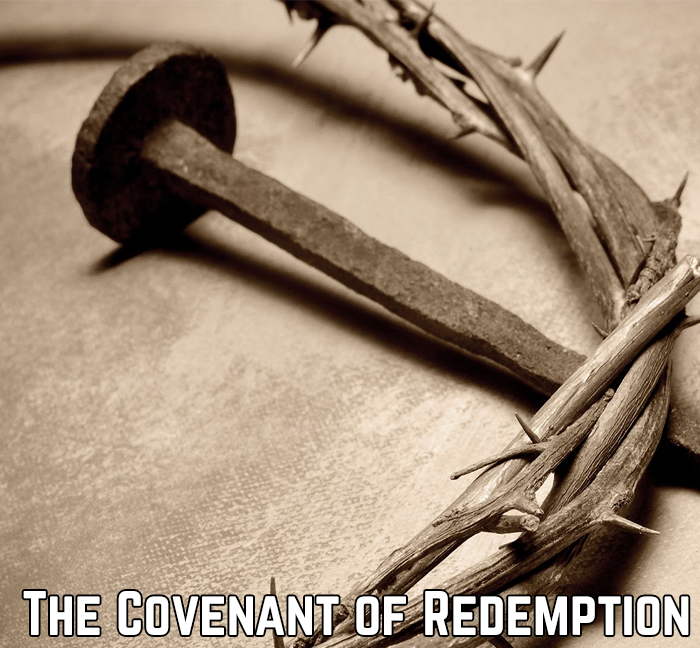... says, “They did not of themselves, or according to their own will, foolishly deliver their own inventions.”
Rather, they prophesied and spoke the words of God when “they were carried along by the Holy Spirit.” We should not be bothered or brought down just because we do not exactly know how this process of inspiration took place. It is supernatural and it is special, no doubt, but we should nonetheless believe the testimony of God about His Word. There are many mysteries to our faith as the Trinity, the true and full humanity and divinity of our Lord, absolute
Sovereignty and responsibility, and so on, which we do not fully comprehend. Likewise, the Bible is a divine and human product.
Therefore, in these two passages, 2 Timothy 3:16 and 2 Peter 1:20-21, we see clearly the divine authorship of the Holy Scriptures, the Old Testament, and by necessary and plain implication, the New Testament.
The Words Of The Bible Are God’s
Not only do the words of 2 Timothy 3:16 and 2 Peter 1:20-21 testify to the fact that all the Bible is the Word of God, but Scripture elsewhere identifies words as words of God, which are not directly spoken by God. Therefore, not only words which are explicitly attributed to God are identified as the Word of God, but words also which are not spoken by God are attributed to God.
A search on the phrase “Thus says the Lord” delivers 415 results in the Old Testament. “Declares the Lord” delivers 344 results in the Old Testament. The formula “the word of the LORD came” is used 109 times in the Old Testament. Expressions similar to “the mouth of the LORD has spoken” occur 5 times. The Old Testament is filled with assertions about the divine origin of its content. We read a lot in the prophets that their prophecies are from the true God, rather than their own inventions. For the following section, I am heavily relying on Grudem’s chapter on the Authority of the Bible.
The Prophets Speak the Word of God
Balaam says in Numbers 22:38 that “The word that God puts in my mouth, that must I speak.” The prophet ought to function as the mouthpiece of God to the people. He is to speak the very words of God. Whatever they say on divine authority, are, in fact, God’s words. God is said to put words in the mouth of Jeremiah (Jer. 1:9). In contrast, the false prophets do not have the words of God and they have gone to the people without God sending them (Jer. 14:14; 23:16–22; 29:31–32). Ezekiel likewise receives a similar commission as Isaiah, and indeed to all the prophets (Deut. 18:18-20): “And you shall speak my words to them, whether they hear or refuse to hear, for they are a rebellious house” (Ezek. 2:7). The prophet is to speak the words of God to the people. That is his function and that is his sworn obligation, to communicate to the people the unadulterated Word of God. If the Lord speaks, the prophet is to speak, otherwise, he is to remain silent concerning a divine word. Amos 3:8 rhetorically asks, “The Lord GOD has spoken; who can but prophesy?”
God Speaks by the Prophets
The “word of the LORD” is said to have been spoken “by his servant the prophet Ahijah” (1 Kgs. 14:18). The LORD likewise “spoke against Baasha by the prophet Jehu” (1 Kgs. 16:12); as He did speak “by Joshua son of Nun” (1 Kgs. 16:34); “his servant Elijah the Tishbite” (2 Kgs. 9:36); “his servant Jonah the son of Amittai, the prophet” (2 Kgs. 14:25); “he spoke by Ahijah the Shilonite to Jeroboam the son of Nebat” (2 Chron. 10:15).
The “wo...










